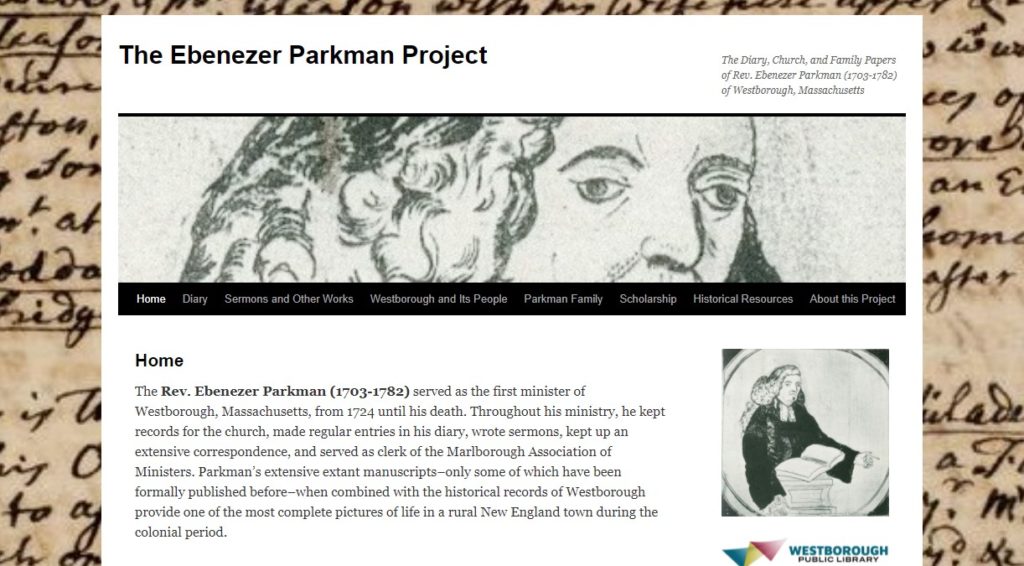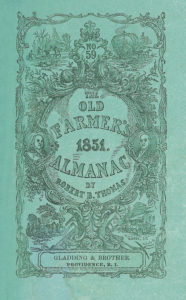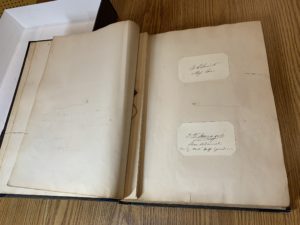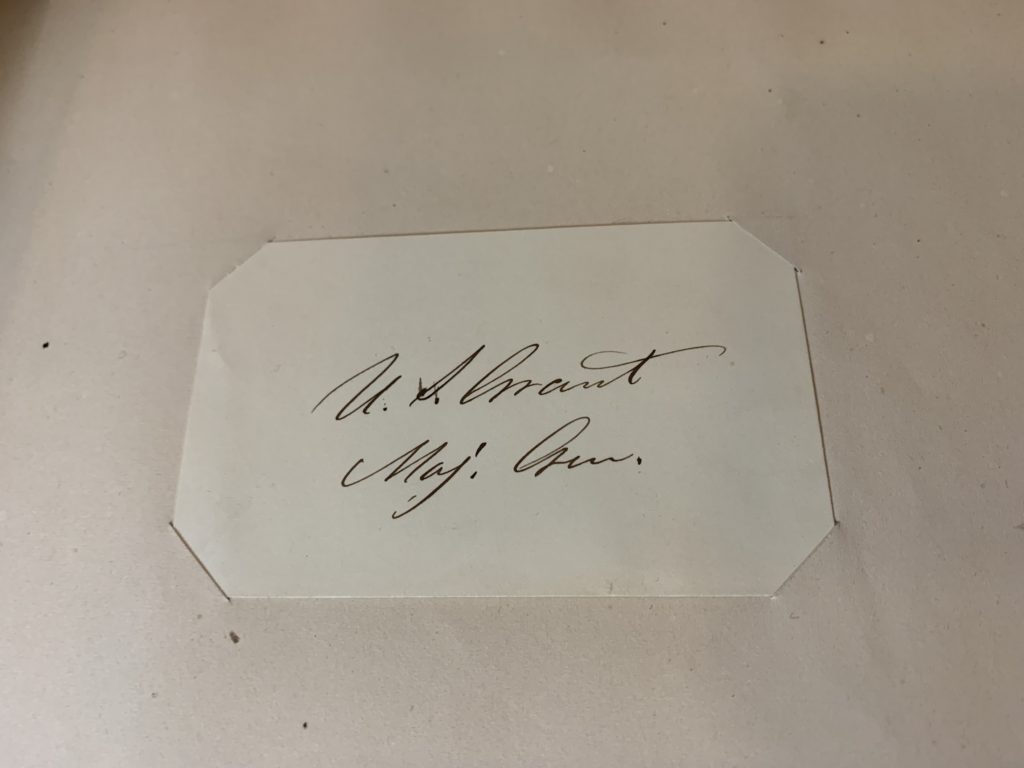Ebenezer Parkman Project: New Insights into Rural Life in Colonial New England
Westborough is the single best town for studying rural life in colonial New England. How can I make such a claim? After all, many rural New England towns have maintained their historical records to the same degree that Westborough has (although many have not). So what makes Westborough so uniquely positioned for historical study of this place and era? The answer lies with Westborough’s first minister, Rev. Ebenezer Parkman.
Rev. Parkman became Westborough’s minister in 1724 and served in that position until his death in 1782. Few towns enjoyed such continuity in a position that was so central to town life during this period. But Rev. Parkman’s importance to history goes beyond his long tenure as minister, because throughout the time he served he compulsively kept a detailed diary of his activities, of his interactions with people in town, and of important events, including those of the American Revolution.
Add to the mix that Rev. Parkman also maintained the church records for Westborough in similar meticulous fashion (many ministers recorded only cursory information about church meetings, if at all). When taken together—Westborough’s town records, Westborough’s church records, and the Parkman diary—no other rural New England town is as well documented as Westborough during this time. In short, these records provide unprecedented insight into the life of New Englanders during this formative time in our country’s history.
Recognizing the importance of Rev. Parkman to the study of early American history, I started working with two other scholars on making the minister’s writings more accessible and putting them in historical context. The result is the Ebenezer Parkman Project, a unique collaboration between a public library, professional scholars, and prominent local institutions, such as the American Antiquarian Society, the Colonial Society of Massachusetts, and the Congregational Library & Archives.
Prof. Ross W. Beales, Jr. (Professor Emeritus, College of the Holy Cross) provides much of the scholarly work that appears on the EPP website, including a complete transcription of the Parkman diary and scholarly profiles of individuals who lived in town during the eighteenth century. Dr. James F. Cooper works with our institutional partners to facilitate the digitization of original records, and I organize and maintain the website that contains all of this research material.
I recently finished redesigning the Ebenezer Parkman Project website to improve navigation and give its overall appearance a more uniform look, and I have posted Prof. Beales’s most recent work on Rev. Parkman. Some of these new additions include:
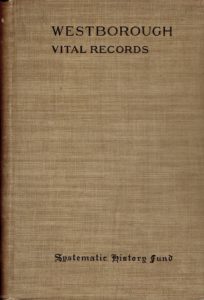
One of the more consequential projects that Prof. Beales has been working on is assessing the accuracy of the ubiquitous Vital Records to 1850 that have been published for most towns in Massachusetts. By combing through all of the Parkman diary and other Westborough records, Prof. Beales has uncovered many more references to deaths than appear in the official records for Westborough, including four of Rev. Parkman’s own children. Some of the deaths that did not make it into official records include people with disabilities, enslaved individuals, interracial married couples, soldiers, strangers and newcomers to town, and others where the reasons for not recording their deaths are not clear. You can read Prof. Beales’s article, “Counting Deaths in Eighteenth-Century Westborough”, about his work on this subject and view his tables of unaccounted deaths in Westborough on the EPP website.
Why is this work on reassessing vital statistics so important? Because many demographic studies of colonial life over the years have solely relied on analyzing the official records in the Vital Records to 1850 publishing project. Prof. Beales shows that these records are woefully incomplete. If official records are the only sources used to study colonial demographics, the result will be a skewed picture of colonial life that privileges more established people and leaves out those belonging to more marginal groups of society.
When the three of us started the project, we had a vision of re-creating life in eighteenth-century Westborough through a virtual, digital form. We aim to use this technology to create a picture of town life that is so granular that it shows the everyday challenges that people faced, the tensions that emerged in their interactions, and their reactions to events that, with our benefit of hindsight, would profoundly change their lives. With all of these recent updates and our continual work on the Ebenezer Parkman Project our vision is coming closer to becoming a reality.
—Anthony Vaver, Local History Librarian
Recommended Reading:
Note: The authors of the two books listed above both use the Ebenezer Parkman Project and Westborough town records in their scholarship.
* * *
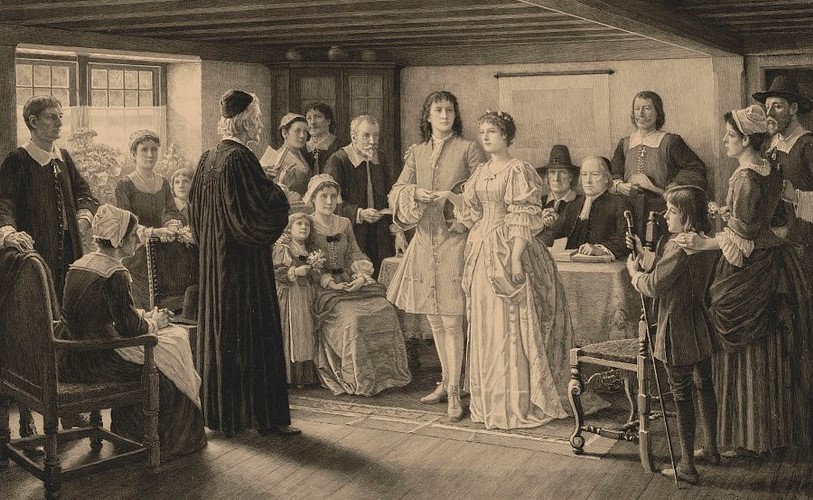
Take the Marriages by Day of the Week “Quiz”
Are you married or have ever attended a wedding? If so, do you remember the day of the week in which it took place? Most likely, the event happened on a Friday, Saturday, or Sunday.
No, I’m not a mind reader, but as Prof. Ross W. Beales, Jr. points out, “Many events that involve choice do not happen in a random manner.” Take his Marriages by Day of the Week “Quiz” to find out what he means by this statement.
* * *
Are We in for a Harsh Winter?
It’s the beginning of the year, so many of us pick up a copy of the Old Farmer’s Almanac to learn the dates of upcoming full moons and other astrological events, pick up some gardening tips and folk wisdom, and find out if we are going to experience a harsh winter.
Others of us may instead rely on Wooly Bears to predict the upcoming winter weather. Wooly Bears? In one of her “Nature Note’s” for the month of January, Annie Reid explains the signs that people look for in wooly bear caterpillars to predict the upcoming winter weather.
Still others think that those of us who rely on such weather prognostication sources are a bit nutty. Personally, I’m happy to consult either source—as long as it accurately predicts a mild winter!
* * *
Look What I Found!
While working on a research question about a Westborough soldier who served in the American Civil War, I discovered that the library owns a signature of Ulysses S. Grant!
The signature appears in a volume of autographs of people who served in the Civil War that was donated to the library in January 1909 by the Westborough chapter of the Grand Army of the Republic. I knew that we owned the volume; I just never looked closely enough at the signatures to recognize that the first one was Grant’s, which goes to show that there is a lot to discover in front of our face. We just have to look!
* * *
Did you enjoy reading this Westborough Local History Pastimes newsletter? Then subscribe by e-mail and have the newsletter and other notices from the Westborough Center for History and Culture at the Westborough Public Library delivered directly to your e-mail inbox.

